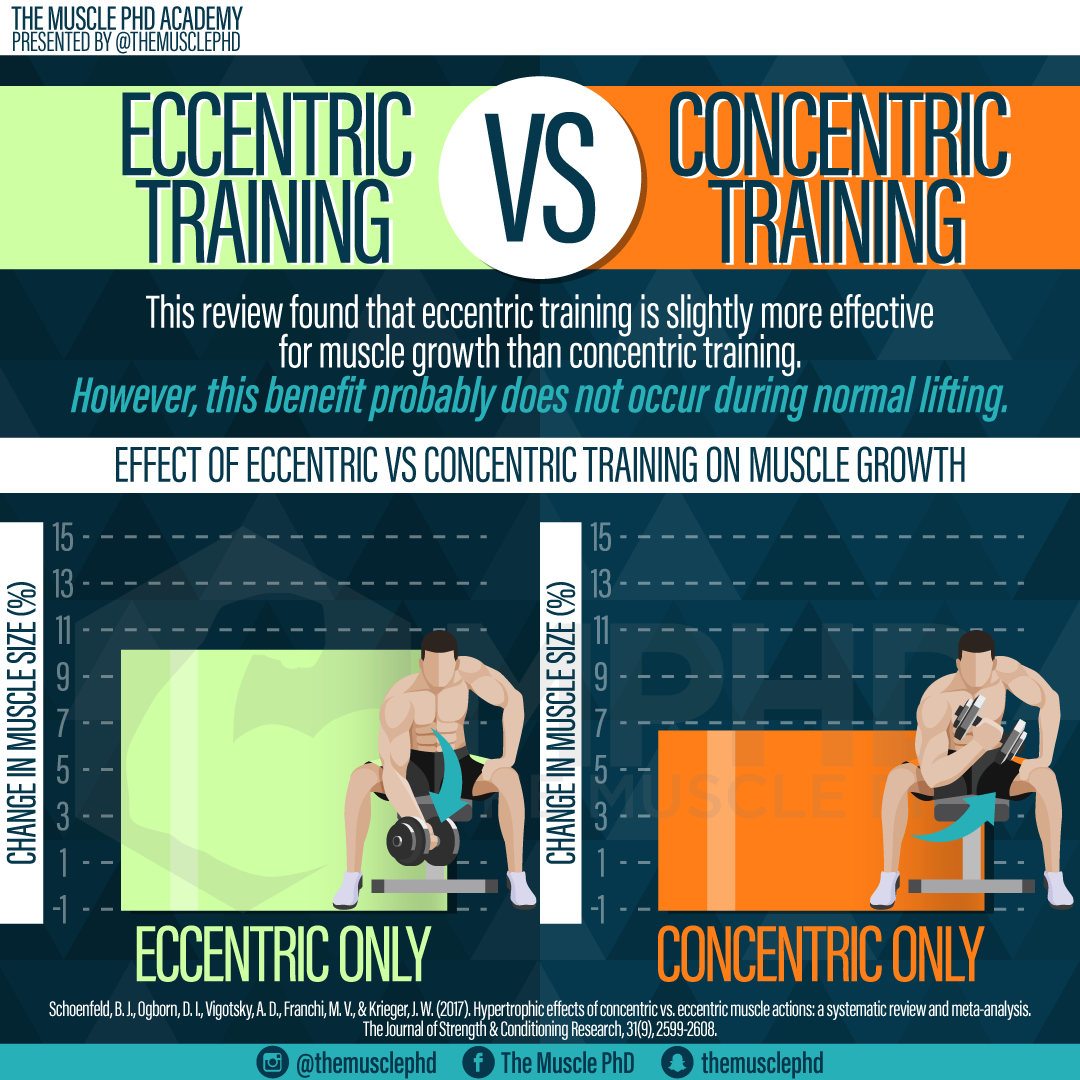
From Flab to Fab: Real Stories of Weight Loss Success
Weight loss is a journey that many embark upon for various reasons, ranging from health concerns to cosmetic desires. However, shedding pounds effectively and sustainably requires understanding how our bodies work, what influences weight gain, and the strategies that can aid in weight loss. In this article, we will delve into effective methods, common misconceptions, and provide you with the tools you need to start your weight loss journey today.
Understanding Weight Gain and Weight Loss
Before we can discuss how to shed pounds, it’s crucial to understand the basic principles of weight gain and loss. Weight is primarily determined by the balance between calories consumed and calories expended through various activities. This balance can be influenced by several factors:
- Diet: The type and amount of food consumed.
- Activity Level: The amount of exercise or daily activity performed.
- Metabolism: The rate at which the body burns calories.
- Hormones: Hormonal changes can affect appetite and fat storage.
- Genetics: Genetic predispositions can influence body weight and fat distribution.
Setting Realistic Goals
When aiming to shed pounds, setting realistic and attainable goals is critical. The Centers for Disease Control and Prevention (CDC) recommends aiming for a weight loss of 1 to 2 pounds per week. This can be achieved by creating a calorie deficit of 500 to 1,000 calories per day through a combination of diet and exercise.
Effective Diet Strategies for Weight Loss
Your diet plays a significant role in weight loss. Here are several effective strategies:
1. Controlled Portions
One of the most practical approaches is to control portion sizes. Using smaller plates and serving smaller portions can significantly reduce calorie intake without making you feel deprived.
2. Prioritize Whole Foods
Focusing on whole foods such as fruits, vegetables, whole grains, lean proteins, and healthy fats can help you feel full while consuming fewer calories. These foods are often rich in nutrients and low in empty calories.
3. Keep Hydrated
Drinking water regularly can help manage hunger, as sometimes we confuse thirst for hunger. Aim for at least 8 glasses of water a day.
4. Reduce Sugar and Refined Carbs
Limiting added sugars and refined carbohydrates can lead to weight loss. Foods like white bread, pastries, and sugary drinks can contribute to weight gain. Instead, opt for whole grain options and natural sweeteners.
The Role of Exercise in Weight Loss
Along with a healthy diet, regular physical activity is vital for shedding pounds. Here are some exercise strategies that can help:
1. Find Activities You Enjoy
Exercise doesn’t have to be a chore. Find activities that you enjoy, whether it’s dancing, cycling, hiking, or swimming. This will make it easier to stick with a routine.
2. Incorporate Strength Training
Strength training helps to build lean muscle, which can increase metabolism and enhance weight loss. Aim for at least two days a week of strength training exercises.
3. Include Cardio
Cardiovascular exercise, such as walking, running, or cycling, helps to burn calories and improve heart health. Aim for at least 150 minutes of moderate aerobic activity a week.
4. High-Intensity Interval Training (HIIT)
HIIT workouts are a popular way to maximize calorie burn in a shorter period. These involve alternating between short bursts of intense exercise and short recovery periods.
Behavioral Strategies for Sustainable Weight Loss
Implementing lifestyle changes can be just as important as diet and exercise. Here are a few behavior modifications that can support weight loss:
1. Keep a Food Diary
Logging your food intake can increase awareness of eating habits and portion sizes. Many apps can help simplify this process.
2. Set Up a Support System
Having a support system, whether friends, family, or online groups, can provide accountability and encouragement throughout your weight loss journey.
3. Mindful Eating
Practicing mindful eating involves paying attention to what you eat, savoring each bite, and listening to your body’s hunger and fullness signals. This practice can prevent overeating and enhances the enjoyment of meals.
4. Be Patient and Persistent
Sustainable weight loss takes time. It’s essential to be patient with yourself and stay committed, even when results may be slow.
Common Misconceptions about Weight Loss
It’s easy to fall prey to common myths regarding weight loss. Here are some misconceptions debunked:
1. Carbs Are the Enemy
Not all carbohydrates are harmful. Whole grains, fruits, and vegetables are essential for a balanced diet. Moderation is key.
2. Fad Diets Work Long-Term
Most fad diets are unsustainable. They may yield short-term results but often lead to weight regain once normal eating patterns resume.
3. Skipping Meals Is a Good Strategy
Skipping meals can increase hunger and lead to overeating later. Regular meals help maintain stable blood sugar levels and control cravings.
Conclusion
Shed pounds effectively requires a balanced approach that combines diet, exercise, and behavioral changes. It’s not just about the number on the scale but rather about achieving a healthier lifestyle overall. Remember that every person’s journey is unique, and what works for one may not work for another. Consult with a healthcare professional or a registered dietitian for personalized advice tailored to your individual needs.
FAQs
1. How quickly can I lose weight?
Aim for a safe and sustainable rate of 1 to 2 pounds per week. Rapid weight loss can be unhealthy and often unsustainable.
2. Is it necessary to count calories?
While counting calories can be helpful for some, it’s not strictly necessary. Being mindful of portion sizes and choosing healthier foods can also lead to weight loss.
3. Can I lose weight without exercising?
While exercise aids in weight loss and is beneficial for overall health, dietary changes can lead to weight loss on their own. However, incorporating physical activity will enhance results and improve overall fitness.
4. Are supplements necessary for weight loss?
Supplements should not be relied upon for weight loss. A balanced diet and regular exercise should be the primary focus. However, consult with a healthcare provider for personalized recommendations.
5. Where can I find more resources on weight loss?
For additional information, consider visiting here, here, here, here, and check out my podcast here.
Losing weight, often referred to as shedding pounds, is a goal for many people seeking to improve their health and well-being. The process typically involves a combination of proper nutrition, regular physical activity, and behavioral changes. Each individual’s journey is unique, influenced by factors such as metabolism, lifestyle choices, and underlying health conditions. To effectively shed pounds, it is essential to adopt a holistic approach that addresses both diet and exercise while fostering a positive mindset.
One of the foundational elements in weight loss is diet. Consuming a balanced diet that emphasizes whole foods, such as fruits, vegetables, lean proteins, and whole grains, can lead to better weight management. Portion control is equally important; even healthy foods can contribute to weight gain if eaten in excessive amounts. Tracking daily food intake can help individuals become more aware of their eating patterns and make necessary adjustments. Furthermore, limiting processed foods, added sugars, and unhealthy fats can significantly contribute to shedding pounds and improving overall health.
In addition to diet, incorporating regular physical activity into one’s routine is vital for weight loss. Engaging in aerobic exercises, such as walking, running, swimming, or cycling, can help burn calories and increase energy expenditure. Strength training is also beneficial, as it builds muscle mass which can elevate resting metabolic rate. A balanced exercise plan that includes both cardio and resistance training not only aids in weight loss but also enhances overall fitness, increases endurance, and improves mood through the release of endorphins.
Behavioral changes play a crucial role in sustaining weight loss. Developing healthy habits, such as mindful eating, can help individuals become more in tune with their body’s hunger and fullness signals. Setting realistic goals is key; drastic changes in lifestyle can be overwhelming and counterproductive. Instead, focusing on small, achievable objectives can lead to permanent lifestyle changes. Additionally, finding social support through friends, family, or weight loss groups can provide motivation and accountability throughout the weight loss journey.
Finally, it’s important to recognize that shedding pounds is not solely about appearance; it has profound implications for physical and mental health. Carrying excess weight is associated with various health issues, including heart disease, diabetes, and joint problems. By losing weight, individuals not only enhance their physical appearance but also improve their quality of life. The journey to shed pounds can be challenging, but with dedication, support, and a comprehensive approach, individuals can achieve their weight loss goals and foster lasting health improvements.






